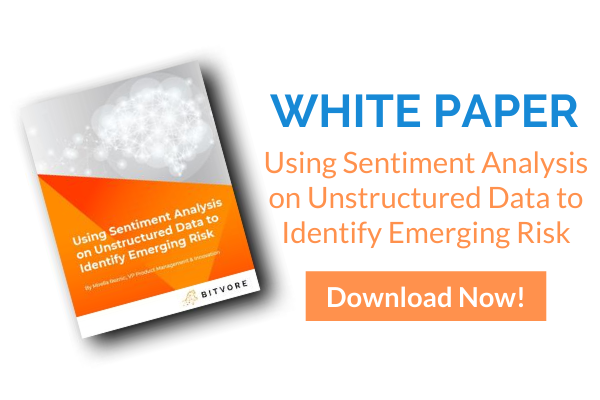
Investing in startups is always a risk - for every Tesla, you get about 50 Segways. It’s not ideal. The limits of human intuition mean that identifying the next big thing is neither easy nor straightforward. In fact, it’s much easier to pick products that will certainly fail.
Given that it’s so hard for investors to find good prospects for growth, it’s no wonder that they’re now turning to AI. A group of venture capitalists have begun to build in-house tech platforms designed to guide their investments. How is it going to work?
Can AI Out-Judge VC’s Expertise?
To start with, let’s look at how non-computer-assisted VCs do when it comes to picking companies to invest in. Short answer? Not particularly well.
Right off the bat, only two out of every ten companies backed by venture capital will ever produce a substantial ROI. Of the rest, four will fail, and four will return the original investment without producing a large monetary return. With just a 20% success rate, it looks like AI will have a relatively low bar to clear.
One of the advantages that AI has is that it can ingest and consider more information about a given company than can any merely human VC. It can then use this data more ably, allowing AI to find correlations that human VCs might miss.
For example, a venture capital AI might use a graph of publicly available data from LinkedIn, app stores, and previous funding rounds, all of which represent volumes of information. It would then compare this information to various funding targets, looking for similarities between these funding targets and other companies that gained success in the past. A worthy candidate for investment has many similarities.
This approach may already be bearing fruit. EQT ventures report that three of its top five investments from 2016 were sourced through its in-house AI platform. Will other VC firms follow suit?
What Are the Risks from Using AI to Power Investment?
One thing to consider is that VC firms routinely throw around hundreds of millions of dollars. Although AI strategies are showing early signs of success, the consequences of failure could be startling. How can investors insulate themselves from risk in terms of their AI strategy?
One thing to be sure of is that your AI tool should make auditable decisions. Many AI technologies don’t do this—they ingest the data that they’re given, emit a decision, and at no point do they understand their reasoning. This is technically difficult to do—it’s not like a human being saying, “I made this decision because of reasons X, Y, and Z.” That’s because an AI platform may consider trillions of data points when making a decision. It may be challenging to determine which of these data points are weighted most strongly.
The next thing to understand is how to test the validity of your in-house AI platform. Testing for AI isn’t like testing other software—and again, hundreds of millions of dollars are at stake. How do you know that your AI is getting it right?
Effectively, you’ll be testing your AI product for as long as it’s in production. Developers need to continually manage AI models, verify that their training data produces good results, and validate their techniques. There are several places where AI can fail.
There’s a risk that because VC firms are developing AI models in-house, they won’t have as much institutional knowledge of best practices. As such, some firms may under-bake their AI products or use them in ways that they weren’t intended to be used. Given the amount of money at stake, these risks can’t be underestimated.
Where Does the Technology Go from Here?
Assuming that everything goes well, the role of AI in venture capital may go beyond the investment realm. After all, these products are intended to identify the characteristics of successful companies. This means that if a VC firm chooses to invest in a company and doesn’t have all of those characteristics, they may use their AI to recommend changes. Moving forward, we may see a future in which a company’s organization, product development, and go-to-market strategy are all subtly directed by a VC’s artificial intelligence platform.
Want to learn more about Bitvore? Download our white paper and learn how to to identify emerging risk below!

